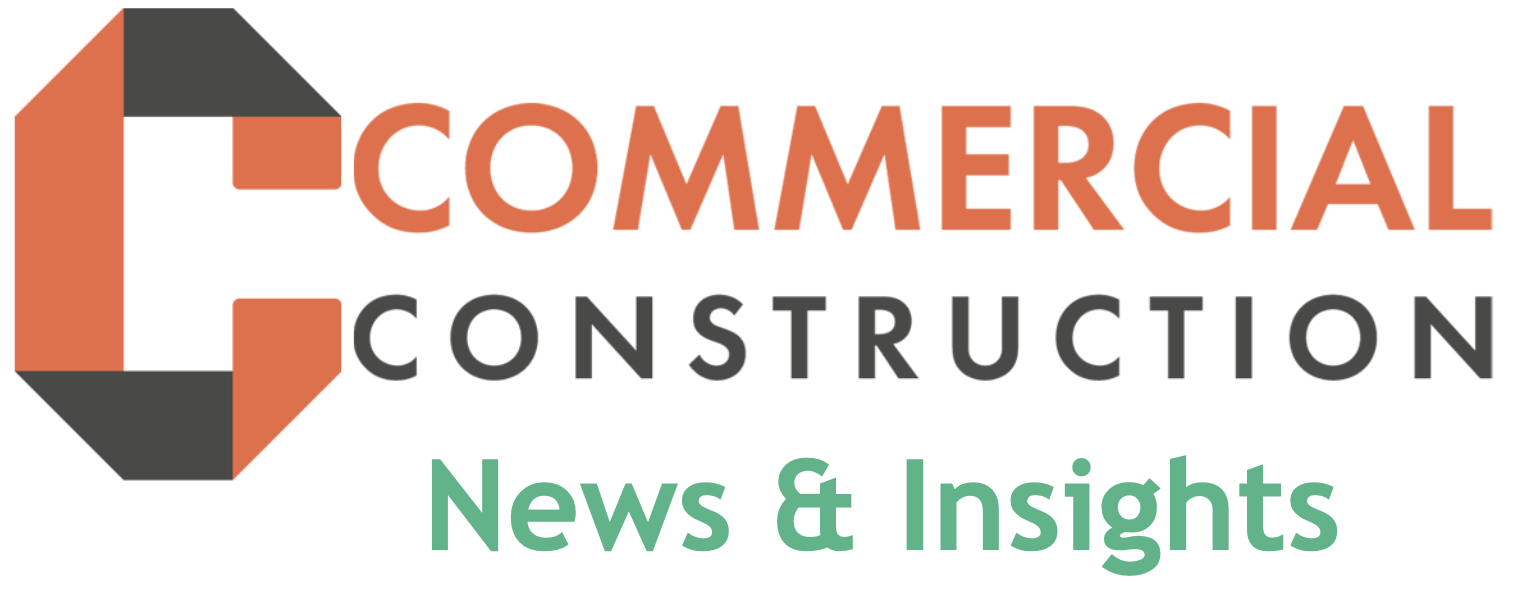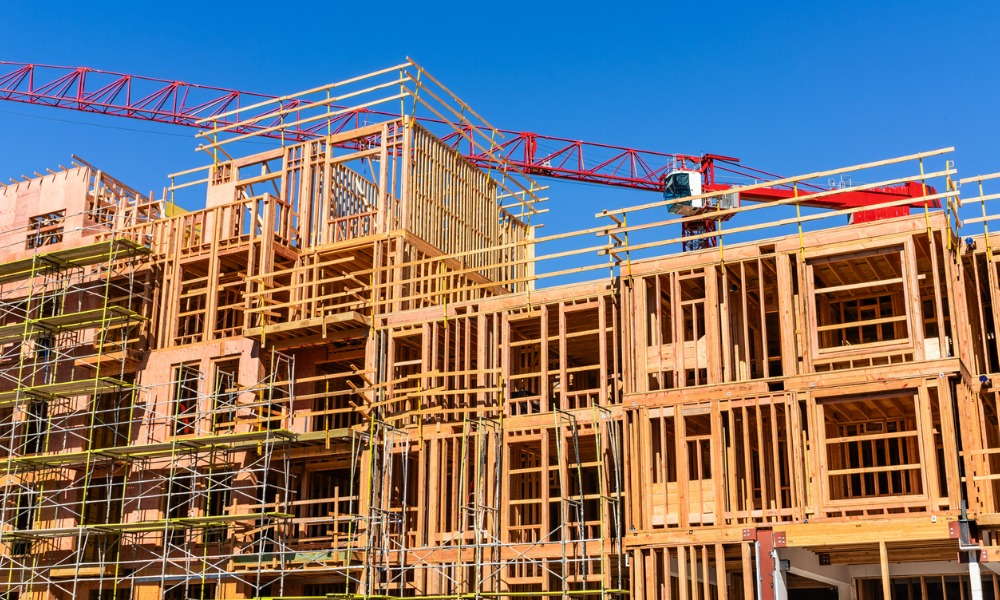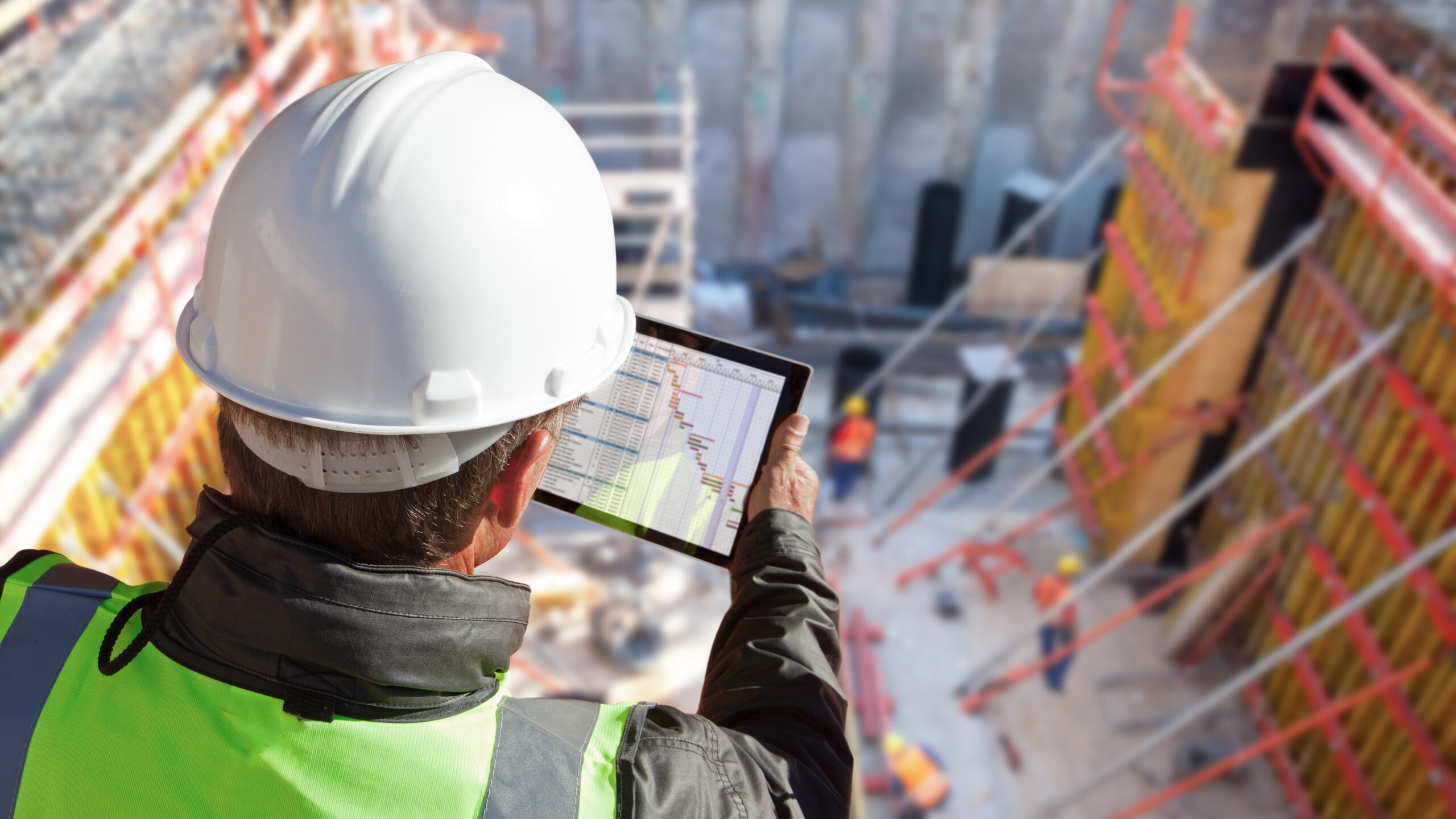In today’s construction environment, predictability has quietly become the most valuable commodity. While price and speed often dominate preconstruction conversations, experienced owners and project teams know that predictable delivery — not the lowest bid or the fastest promise — is what ultimately drives success.
Why has predictability become so critical? The reasons are clear.
The New Reality of Commercial Construction
Construction has always carried a degree of uncertainty. But in recent years, volatility has intensified:
Supply Chain Disruptions:
Global shortages, shipping delays, and material allocations have made procurement timelines less reliable than ever.
Labor Constraints:
Skilled labor is in short supply, and contractor availability can change rapidly, especially on multi-trade projects.
Regulatory Complexity:
Permitting and inspections are increasingly stringent, adding layers of process and potential delay that must be carefully managed.
Cost Volatility:
Material and labor escalation can quickly erode tight budgets if not anticipated and controlled through disciplined project management.
In this landscape, predictability is no longer a “nice to have.” It is a necessity.
What Predictability Really Means
Predictability isn’t about eliminating every variable. It’s about creating confidence in the process and outcomes:
Clarity of Scope
When scopes are well-defined, gaps and assumptions disappear. This reduces change orders and disputes down the line.
Realistic Scheduling
Aggressive schedules that collapse float and ignore permitting realities may win bids — but they rarely survive first contact with the field. Predictability comes from building schedules grounded in experience and risk management.
Proactive Communication
Issues will arise. Predictable projects have established protocols for identifying, communicating, and resolving problems without drama or surprises.
Consistent Execution
From mobilization through punch list, reliable performance from contractors and trades builds momentum and trust.
Transparent Cost Management
Predictability includes financial control. Regular, clear reporting and disciplined change management processes help owners avoid unpleasant budget surprises.
The Benefits of a Predictable Project
Reduced Risk
Predictable delivery reduces exposure to liquidated damages, lost revenue, or stakeholder frustration.
Stronger Relationships
Owners and contractors who deliver on commitments create trust — the foundation of long-term partnerships.
More Accurate Forecasting
Corporate and institutional clients rely on accurate project completion data to plan relocations, staffing, and operations.
Better Overall Value
Predictability protects value by minimizing waste, controlling soft costs, and ensuring projects support business objectives as planned.
Conclusion
In a world where so much can go wrong, predictable construction projects stand out. They reflect teams that communicate, plan, and execute at a higher level.
Owners who prioritize predictability over speed or lowest price often find that their projects not only meet expectations — they create less stress, less risk, and ultimately, more lasting value.




